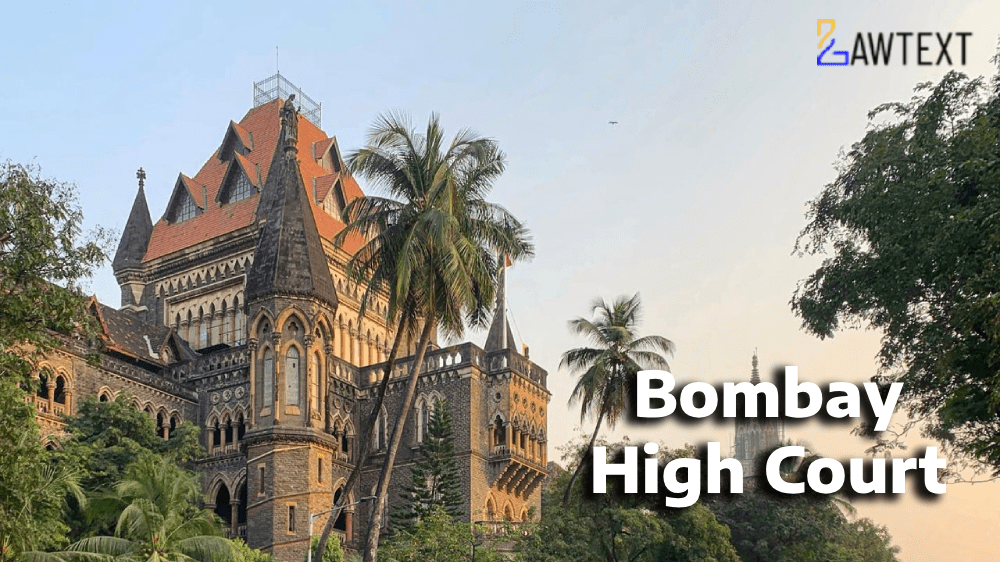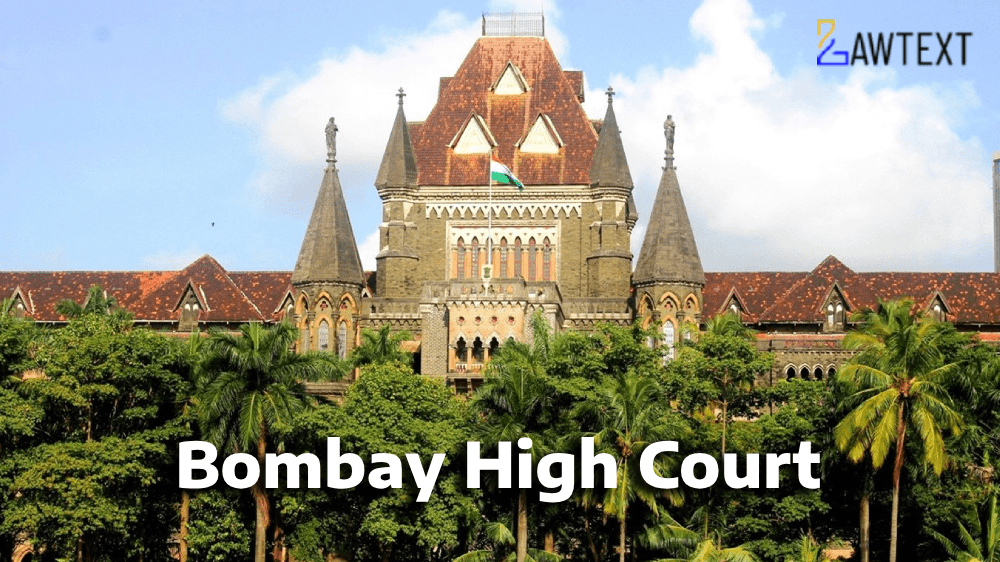Case Note & Summary
The legal debate on whether the validity of a prosecution sanction must be determined before trial or can be contested during the trial. It examines key judgments and arguments from conflicting Apex Court rulings on the timing and significance of challenging sanctions under the Prevention of Corruption Act, 1988. Mr. Bhonde argues for early determination of the validity of the sanction, while Mr. Patil suggests it can be contested during the trial. The consensus is that the issue of the validity of prosecution sanctions due to the incompetency of the sanctioning authority should generally be determined during the trial unless it results in a failure of justice.
Arguments by Mr. Bhonde Judgment in Nanjappa: Proper sanction issuance is essential for taking cognizance of the offence. The question of sanction should be determined at the earliest stage. A valid sanction is a jurisdictional fact affecting the court’s power. Judgment in Surya Sankaram Karri: Reinforces the importance of a proper sanction by a competent authority for taking cognizance of an offence. Arguments by Mr. Patil Judgment in Dinesh Kumar: Validity of the sanction can be questioned during the trial. Distinction between absence of sanction (raised at inception) and invalidity of sanction (raised during trial). Judgment in Rajmangal Ram: Criminal proceedings should not be stopped mid-course due to errors in the sanction order unless a failure of justice is demonstrated. Validity of the sanction due to incompetency of the authority should be examined during the trial. Analysis of Key Judgments Prakash Singh Badal: Absence of sanction should be raised at the threshold. Invalidity of the sanction should be raised during the trial. Ameerjan: High Court overturned the trial court’s judgment based on the invalidity of the sanction. The issue of the legality of the sanction should be resolved during the trial. State of Madhya Pradesh v. Virender Kumar Tripathi: Interdicting criminal proceedings mid-course is not appropriate unless failure of justice is shown. Inquiry into failure of justice due to invalid sanction is to be conducted at the trial stage. Babu Thomas: Error in the sanction goes to the root of the prosecution. Distinguished by later judgments emphasizing the need for demonstrating a failure of justice. Sushil Kumar: Competency of the sanctioning authority is to be determined during the trial. Upheld the principle that challenges to the sanction’s validity due to competency should be addressed in the trial process. Conclusion The issue of the competency of the authority granting prosecution sanction and the related question of failure of justice should be decided after the trial. Interfering with criminal proceedings based on the competency of the sanctioning authority without showing failure of justice is not justified. The trial court is the appropriate forum to resolve issues regarding the validity of prosecution sanctions.
Issue of Consideration: Padmakar Narhar Deshpande Versus Central Bureau of Investigation Ors.
Premium Content
The Issue of Consideration is only available to subscribed members.
Subscribe Now to access critical case issues





